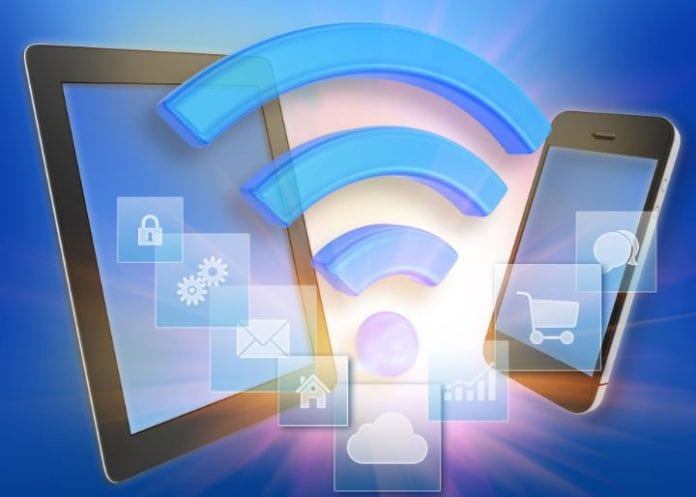Customers using the Android-powered LG G4 device can now tap the AT&T Wi-Fi calling service, with expansion promised to other devices
AT&T Mobility expanded its Wi-Fi calling option outside the Apple iOS ecosystem, announcing its first supported device running Google’s Android OS.
The carrier said customers with the LG G4 smartphone can now make and receive calls and text messages over a Wi-Fi connection. The capability does require users to download a software update, as well as be on a postpaid account and setup for the carrier’s HD Voice service. The service can also take advantage of AT&T Mobility’s voice-over-LTE service and supporting HD Voice capabilities in that calls initiated via Wi-Fi can be seamlessly handed off to a Voice-over-LTE connection. However, if the customer moves from a Wi-Fi call to a non-Voice HD connection, the call will be dropped.
Wi-Fi calls are billed based on a customer’s current cellular plan. AT&T Mobility said it plans to add support for more Android devices “soon.”
The carrier initially launched Wi-Fi calling support last October, across Apple’s iPhone 6 and 6s models running at least iOS 9. AT&T Mobility launched the service after gaining a waiver from the Federal Communications Commission related to voice-over-Wi-Fi calling as it applies to people with hearing problems. The waiver, which is valid until the end of 2017, followed a complaint lodged by AT&T that its competitors, Sprint and T-Mobile US, were using Wi-Fi calling, which didn’t conform to accessibility rules for those hard of hearing, specifically teletypewriter functionality that enables text-based communication over a telephone call.
T-Mobile US and Sprint currently offer Wi-Fi calling across both iOS and Android platforms. Verizon Wireless launched Wi-Fi calling support for select Apple iOS devices in March, which followed a launch across Android-powered devices late last year.
Bored? Why not follow me on Twitter

